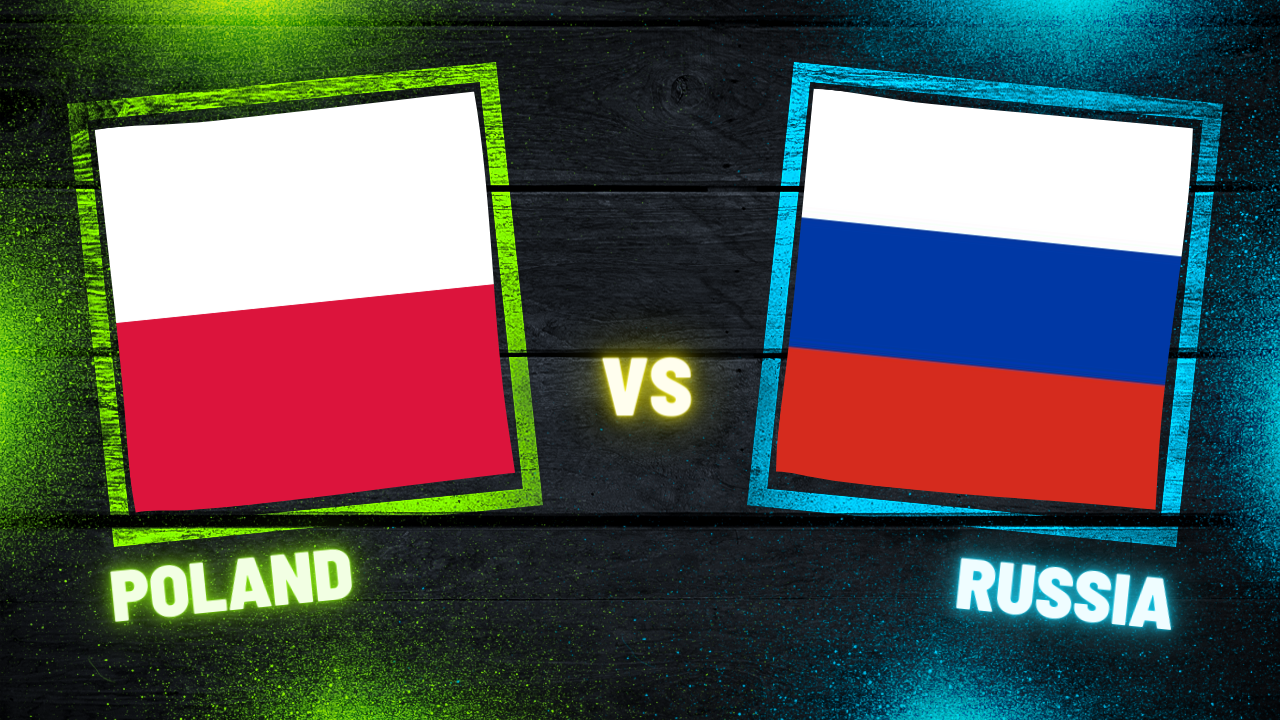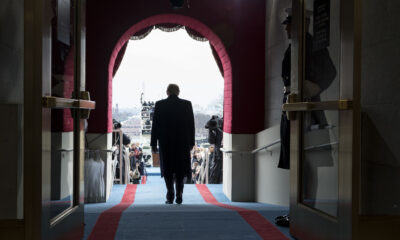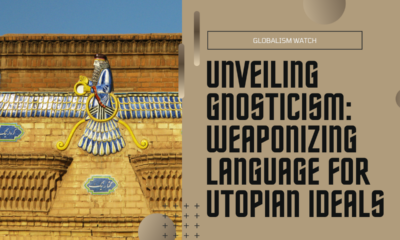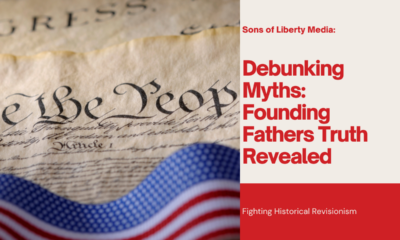Education
Poles seize Russian embassy school
Polish authorities yesterday seized a school for children of Russian embassy staff in Warsaw, provoking an unusually harsh response.

Yesterday (April 29), Polish authorities withdrew the diplomatic territorial concession for the Russian-language school for children of Russian embassy staff in Warsaw, the capital. They then seized the building and evicted personnel and students.
Polish police besiege school
The incident apparently happened at or about 11:00 a.m. Warsaw (Central European Summer) Time. These two tweets, with video from RIA Novosti and Sputnik, tell the story:
https://twitter.com/KBoz3/status/1652261978843258886
This second tweet won’t embed. Here is the text:
Polish authorities give Russian school at Moscow’s embassy in Warsaw, Poland’s capital until 7 PM to LEAVE the premises after they BESEIGE it.
The authorities begin to break down door to embassy after staff refuse to open it.
About two and a half hours later (1:30 p.m. Warsaw Time; 2:30 p.m. Moscow Time), the Russian Federation Foreign Office sent this tweet:
The link is to a longer message on their Telegram channel, which translates:
On April 29, the Polish authorities invaded the territory of the school at the Russian Embassy in Warsaw in order to seize it.
We consider these regular hostile actions of the Polish authorities as a blatant violation of the Vienna Convention on Diplomatic Relations of 1961 and an encroachment on Russian diplomatic property in Poland.
Such an impudent step by Warsaw, which goes beyond the framework of civilized interstate communication, will not remain without our harsh reaction and consequences for the Polish authorities and Poland’s interests in Russia.
This should be understood by the initiators of such contradictory, illegal and provocative undertakings.
This morning the Russian Embassy sent this tweet about the ripple effect of the school seizure:
Translation:
On April 29, a memorial ceremony was held at one of the largest Soviet soldiers’ cemetery in Europe in Branevo.
Russian Ambassador to Poland Sergey Andreev was unable to take part in the ceremony due to the seizure of the Russian school at the Embassy by the Polish authorities on that day.
Russian reaction, of course, is furious. Dmitriy Medvedev dashed off a tweet so angry that Twitter actually deleted it, citing their Rules. Another user screencapped it and shared it:
I see no point in maintaining diplomatic relations with Poland. This state must not exist for us while there is no one but Russophobes in power and Ukraine is full of Polish mercenaries, who should be ruthlessly exterminated like stinky rats.
Reportage on this comes from Reuters, Al-Jazeera, and Euronews. The Polish government has taken the position that the school building belongs to Poland, not Russia. Lukasz Jasina, Polish foreign ministry spokesman, said this:
Our opinion, which has been confirmed by the courts, is that this property belongs to the Polish state and was taken by Russia illegally.
The specifics of this obvious territorial dispute remain unclear. Polish authorities spoke of a vast “disparity” in the total number of diplomatic buildings each country has in the other. But last October, a symbolic “referendum” took place in Warsaw on the question of seizing the Russian embassy itself. Organizers repeatedly called Russia a terrorist state. Many commenters on the Euronews story of the school seizure said more of the same. Many gleefully anticipated that a seizure of the embassy building would come next. One even seemed to dispute the purpose of the school or the right of any embassy to keep one.
A long and bitter history
Poland and Russia have a long and bitter history of warfare, going back centuries. The current territorial extent of Poland dates from the end of World War II. Moreover few have forgotten how the Soviets tried to keep communism going in Poland after Lech Walesa famously founded a movement against it. But Polish resentment of something called “Russia” goes back to Czarist days. Much of this stems from the Vienna Conference, that saw a partitioning of Poland after the defeat of Napoleon I.
This latest incident is the most serious between Poland and Russia in many years – though again, no one is reporting on what prompted Polish authorities to act against a school for the children of diplomatic and other staff.
Terry A. Hurlbut has been a student of politics, philosophy, and science for more than 35 years. He is a graduate of Yale College and has served as a physician-level laboratory administrator in a 250-bed community hospital. He also is a serious student of the Bible, is conversant in its two primary original languages, and has followed the creation-science movement closely since 1993.
-

 Executive4 days ago
Executive4 days agoSecret Service chief gets no solace
-

 Executive3 days ago
Executive3 days agoWaste of the Day: Louisville Taxpayers Pay Nearly $600,000 For Empty Building’s Maintenance, Security
-

 Guest Columns4 days ago
Guest Columns4 days agoFear Itself: Democrats’ Favorite Strategy Caused Their Current Chaos
-

 Executive3 days ago
Executive3 days agoWhere is Joe Biden – or Jill?
-

 Executive1 day ago
Executive1 day agoWaste of the Day: Throwback Thursday: Cities Used Crime Prevention Funds on Soccer Games, Paper Shredding
-

 Executive2 days ago
Executive2 days agoFacile and politically motivated suggestions
-

 Civilization4 days ago
Civilization4 days agoBuild Iron Dome in the United States To Prepare for Israel’s Worst Day
-

 Executive4 days ago
Executive4 days agoThe Emerging GOP Plan To Beat Kamala Harris












